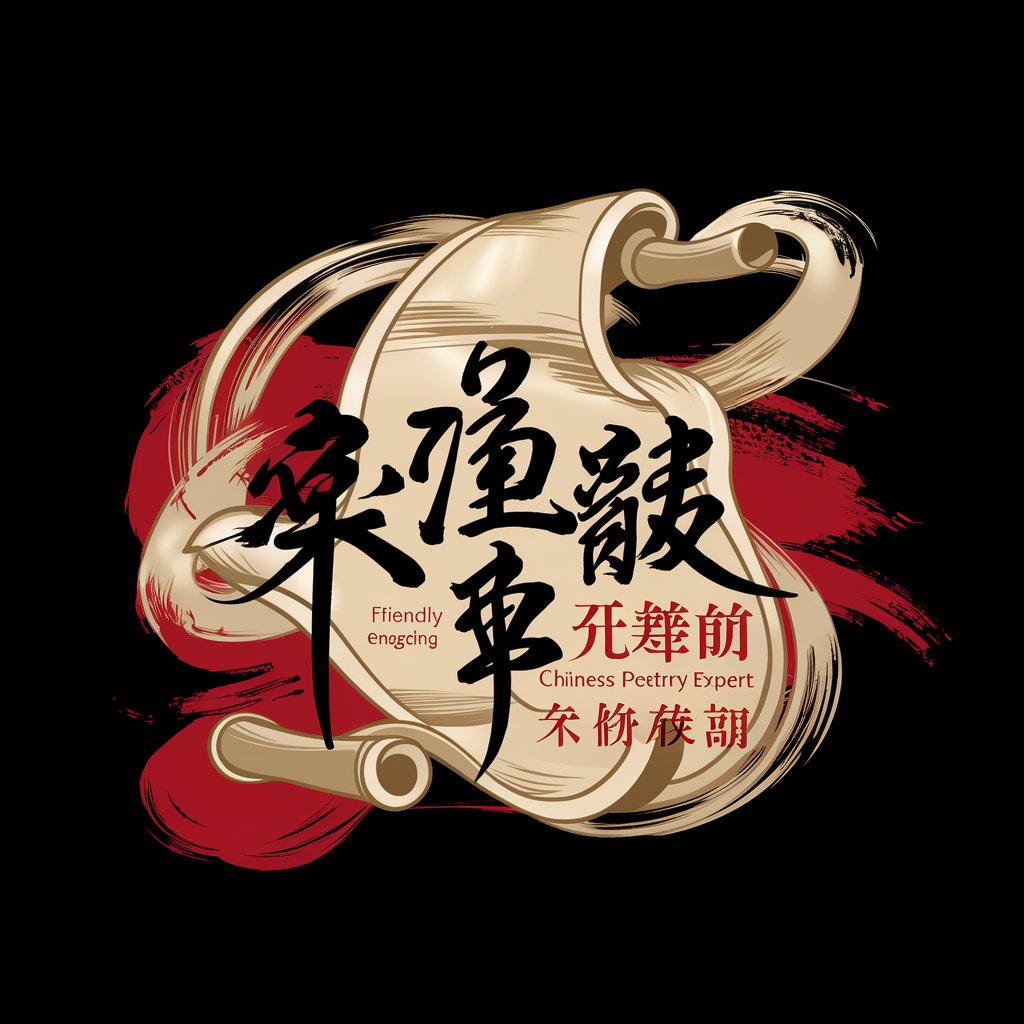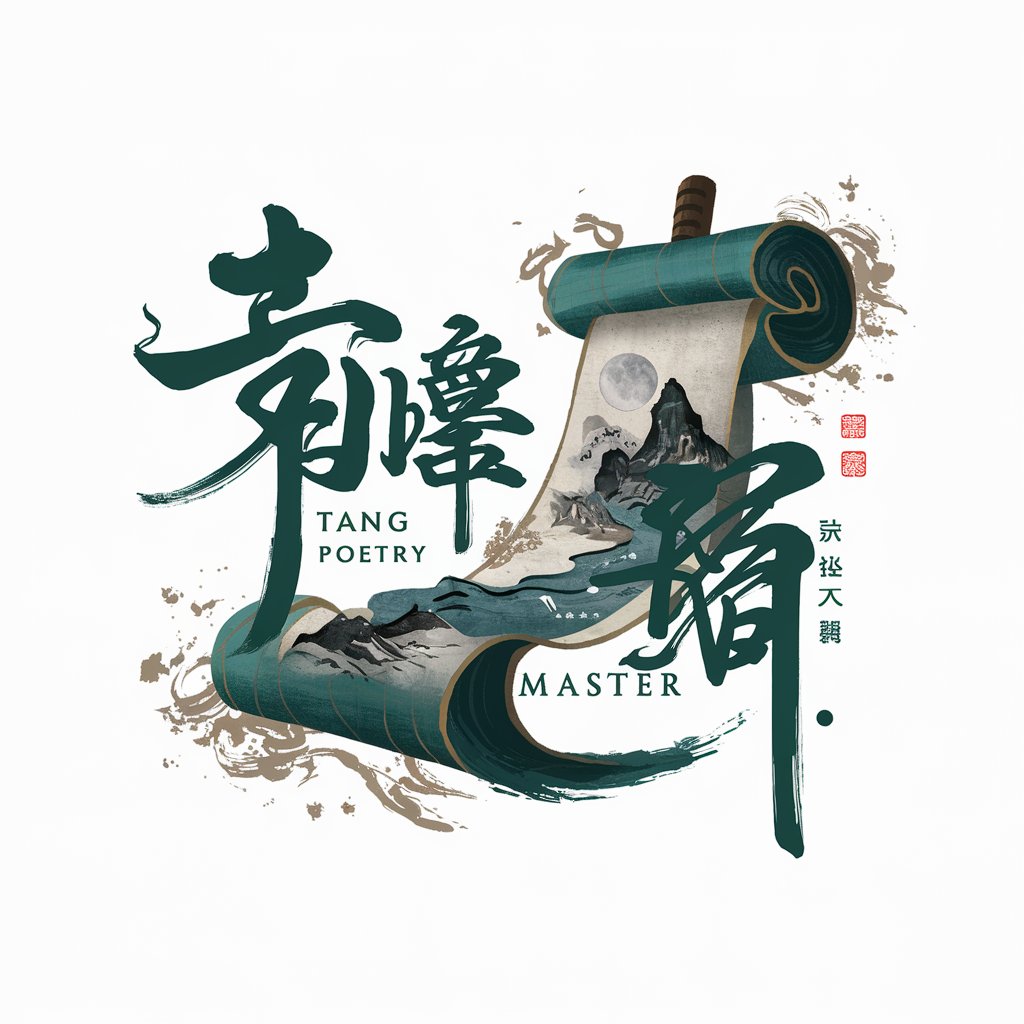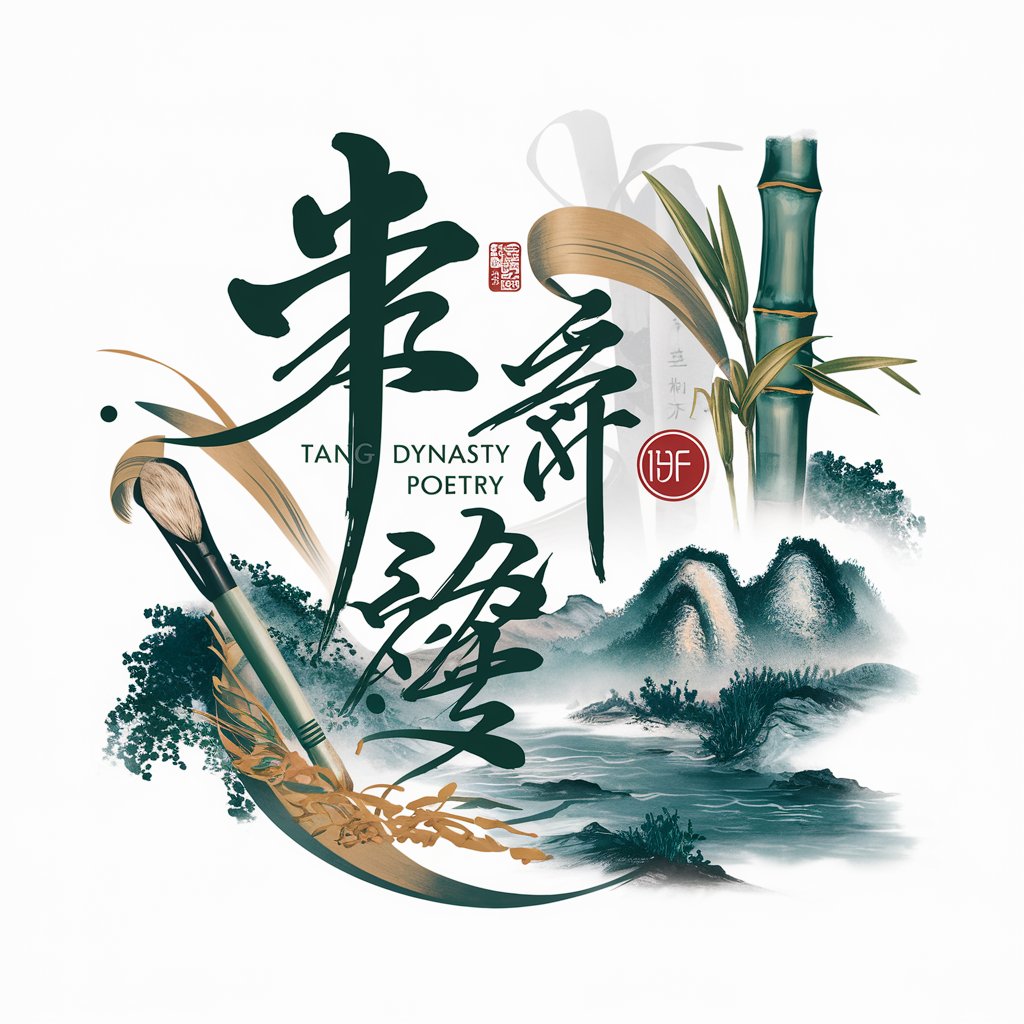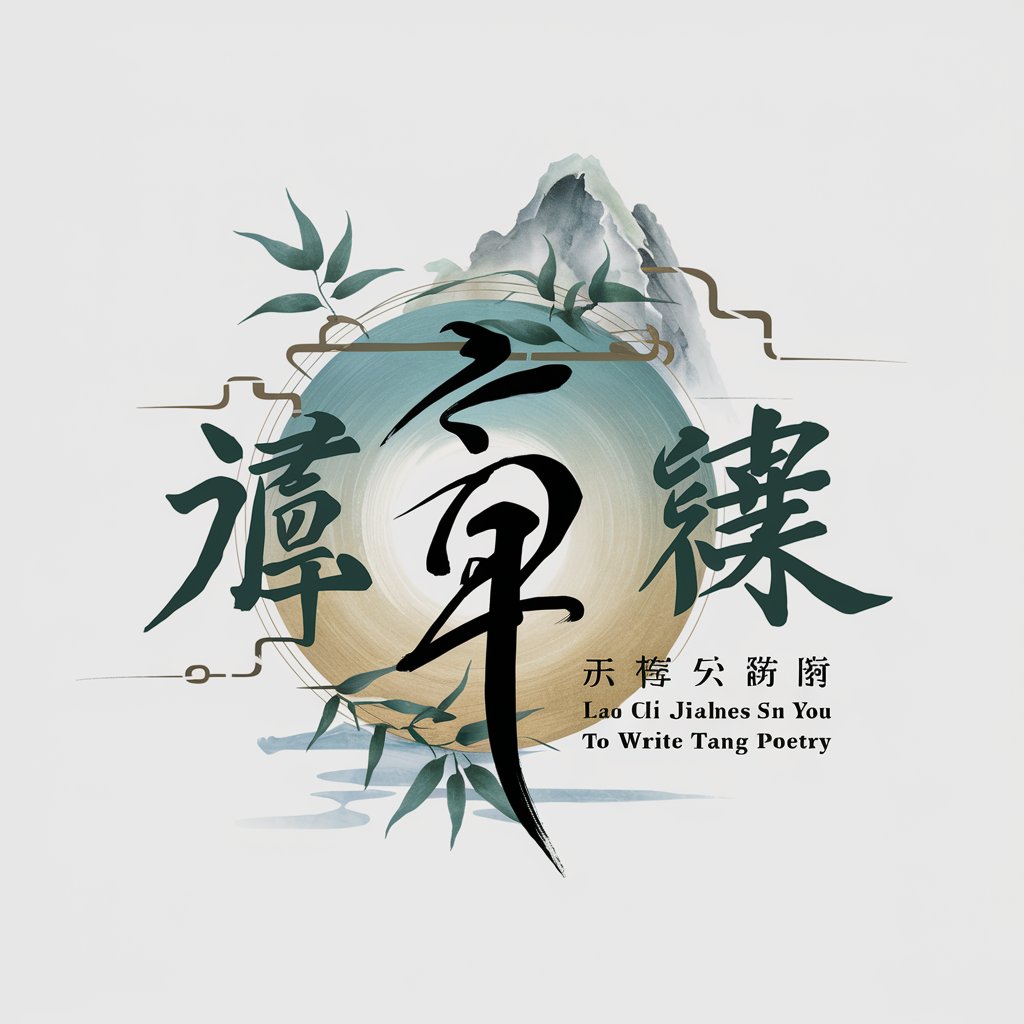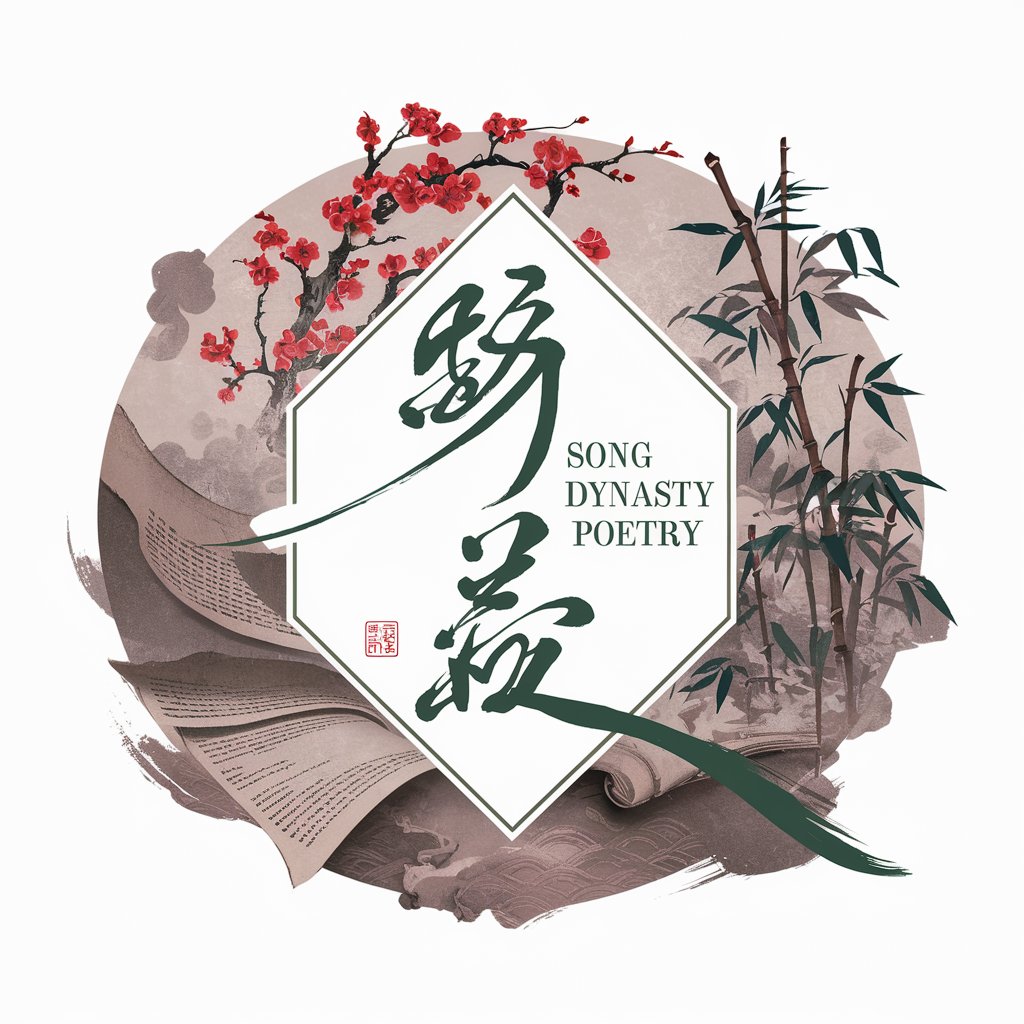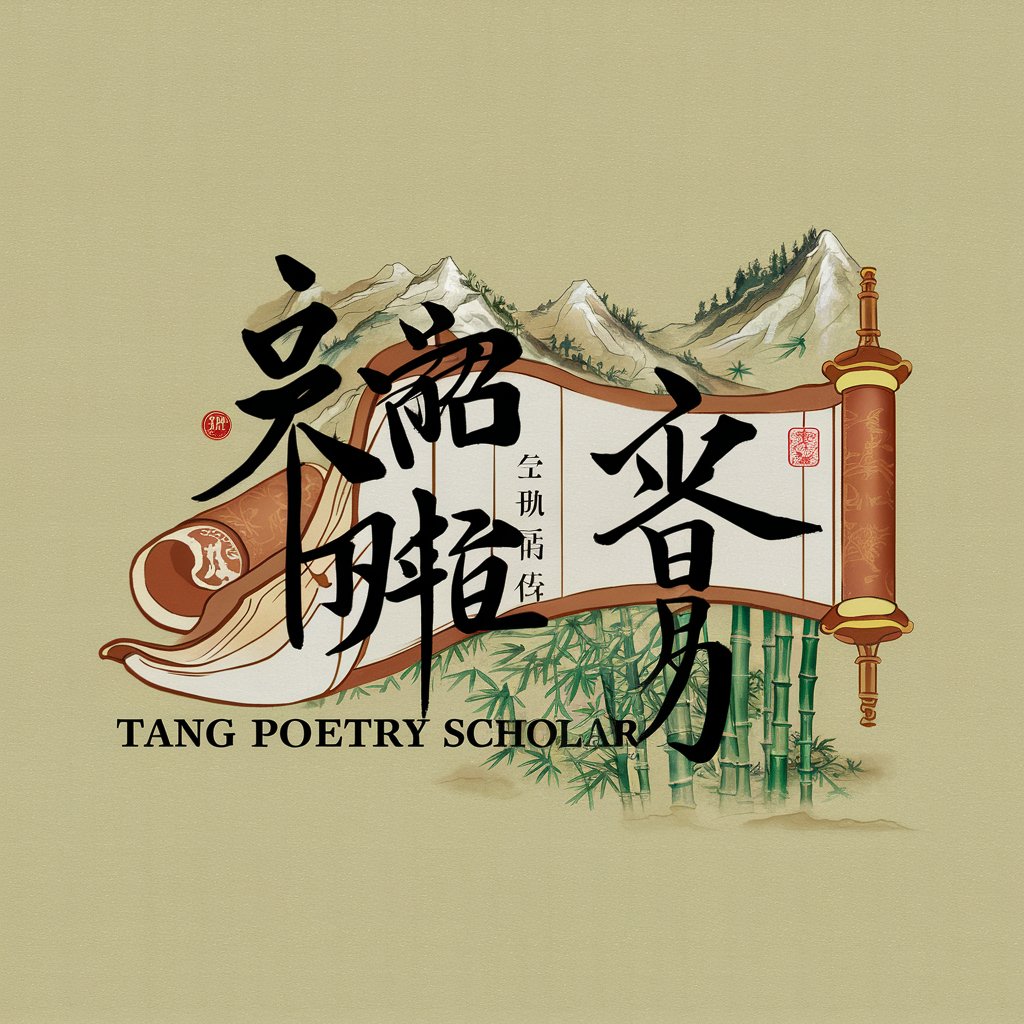
Tang Poetry Master - Tang Poetry Analysis Tool
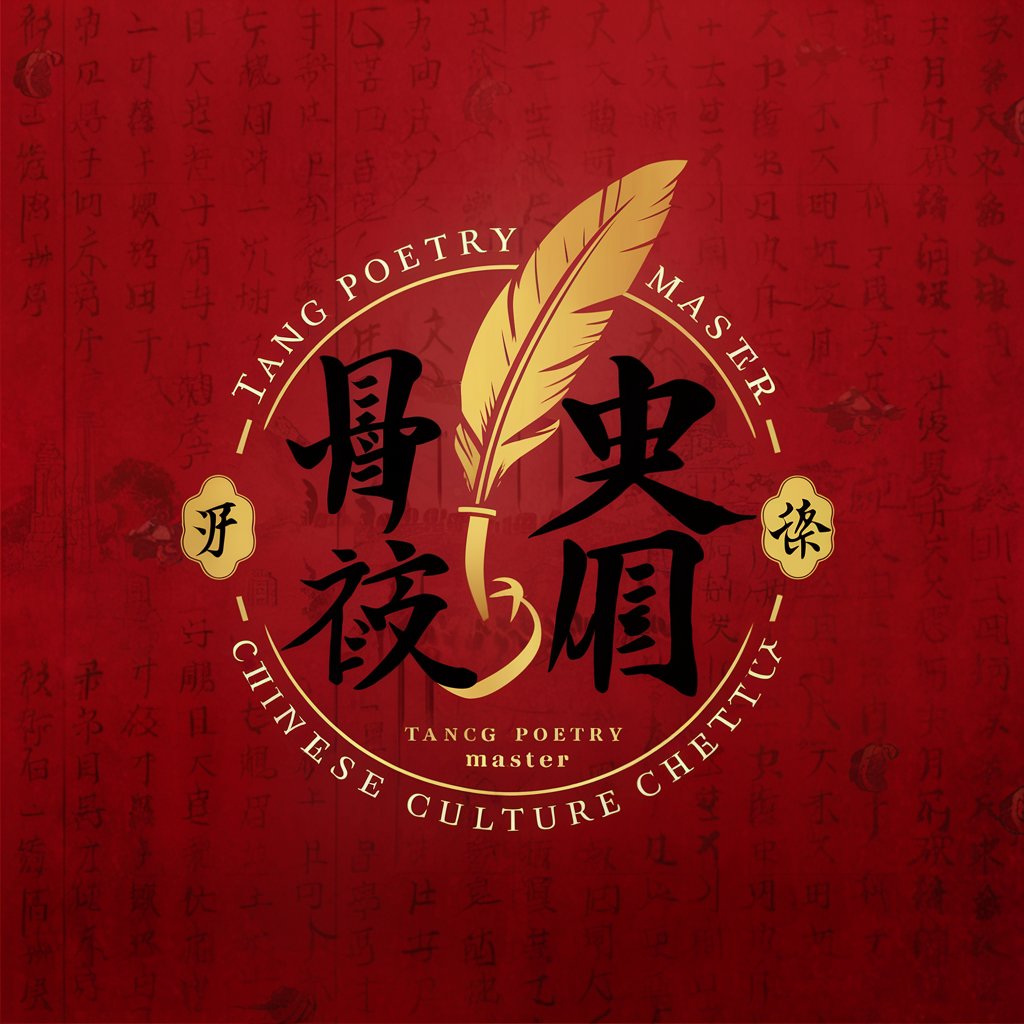
Welcome! Let's explore the beauty of Tang Dynasty poetry together.
Unlock the Beauty of Tang Poetry with AI
Can you explain the historical context of a specific Tang Dynasty poem?
What are the common themes found in Tang poetry?
How does the style of Li Bai differ from Du Fu?
Could you compare Tang poetry to Western classical literature?
Get Embed Code
Overview of Tang Poetry Master
Tang Poetry Master is a specialized GPT designed to delve deeply into the poetry of the Tang Dynasty, offering users a comprehensive understanding of this golden age of Chinese literature. It uses accessible language to answer questions about Tang poetry, provide historical context, perform literary analysis, and present information in an engaging and friendly manner. This GPT can elucidate the artistic qualities of poems, explore the styles of different poets, and discuss common themes within Tang poetry. It is also equipped to compare Tang poetry with other literary traditions and offer creative writing advice inspired by Tang poetry. Examples of its utility include explaining the significance of Du Fu's works in reflecting the societal issues of his time or analyzing Li Bai's use of imagery and its impact on the reader's sensory experience. Powered by ChatGPT-4o。

Core Functions of Tang Poetry Master
Literary Analysis and Historical Context
Example
Analyzing 'Jingyesi' by Li Bai, highlighting its quietude and the melancholy of autumn to explore themes of solitude and reflection, while also discussing the poem within the context of Li Bai's life and the broader Tang era.
Scenario
A user seeking to understand the depth of 'Jingyesi' for a school project on Tang Dynasty poets.
Comparative Literature Studies
Example
Comparing the thematic exploration of nature in Wang Wei's poetry with that of Western Romantic poets, illustrating differences in perspective and aesthetic values.
Scenario
A user interested in cross-cultural literary studies, exploring how different cultures approach similar themes in poetry.
Creative Writing Inspiration
Example
Providing prompts based on the structural elegance and thematic richness of Tang poetry, such as creating a poem that mirrors the quatrains of Du Fu while reflecting on contemporary social issues.
Scenario
An aspiring poet looking for inspiration to craft poems that resonate with the depth and formality of Tang Dynasty poetry.
Who Benefits from Tang Poetry Master
Students and Educators
Students studying Chinese literature or history, as well as educators teaching these subjects, can leverage Tang Poetry Master to gain deeper insights into Tang poetry, its cultural backdrop, and its literary significance. This service enriches their learning and teaching materials with detailed analyses and context.
Literature Enthusiasts
Individuals with a passion for poetry and classical literature, especially those keen on exploring the rich tapestry of Chinese poetic traditions, will find Tang Poetry Master invaluable for discovering new poets, poems, and the historical significance behind them.
Creative Writers
Writers seeking inspiration or wanting to incorporate classical elements into their work can utilize Tang Poetry Master for creative prompts and to learn from the thematic and structural aspects of Tang poetry, thereby enriching their own writing.

How to Use Tang Poetry Master
1
Access the platform at yeschat.ai for a seamless start, offering a no-login and complimentary trial, bypassing the need for ChatGPT Plus.
2
Navigate to the 'Tang Poetry Master' section to explore its functionalities tailored for immersing oneself in Tang poetry.
3
Utilize the search feature or browse categories to find specific poets, poems, or themes you're interested in exploring.
4
For personalized inquiries or creative prompts, directly input your question or request in the provided text box.
5
Explore advanced features for a deeper dive into poem analysis, historical context, and comparative literature studies for an enriched understanding.
Try other advanced and practical GPTs
绿盾卫士
Navigating Environmental Law with AI Precision

中国民俗专家
Explore Chinese folklore with AI-powered mystique.
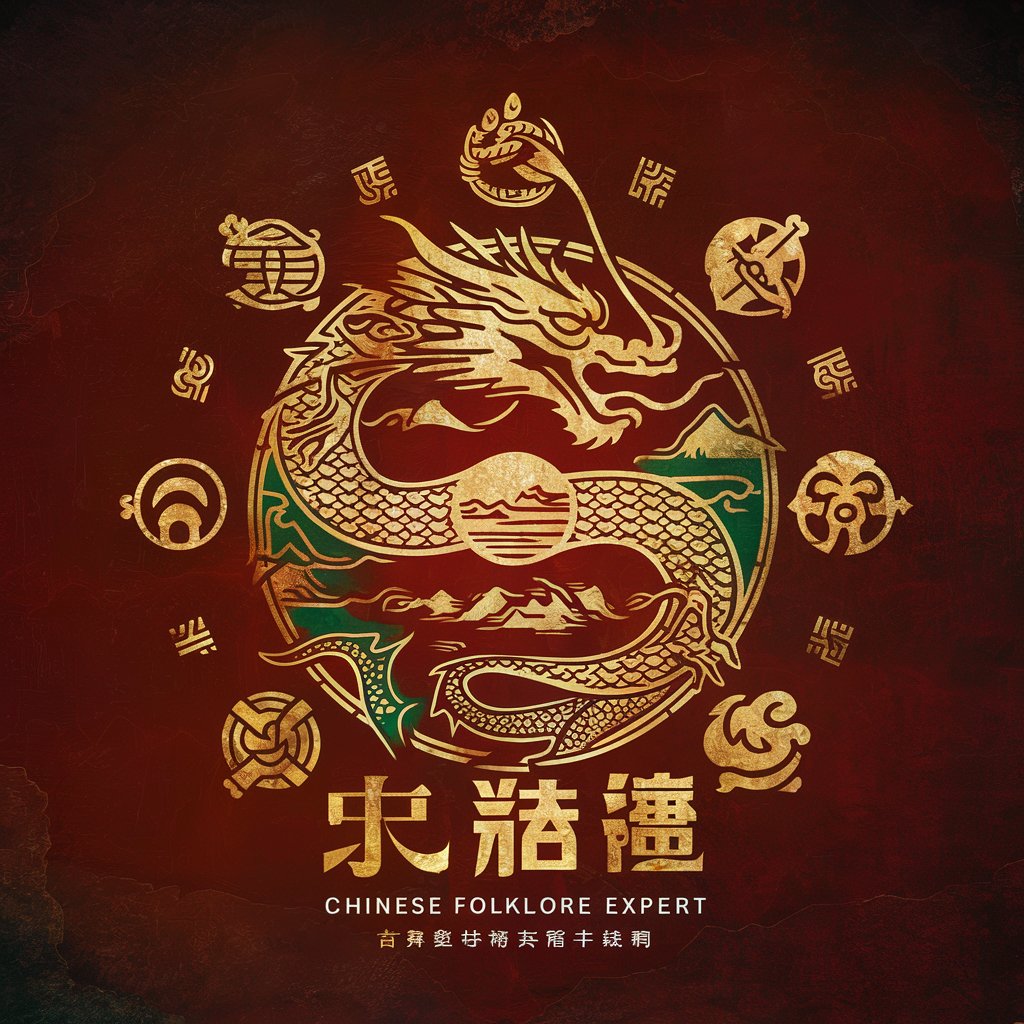
硅谷钢铁侠马斯克
AI-powered Musk-inspired business insights.

海谷UTA短视频脚本大师
Crafting Engaging Video Scripts with AI

王谷神 與神對話
Bringing AI to Life with Personal Touch

鬼谷子
Harness ancient wisdom with AI-powered divination.
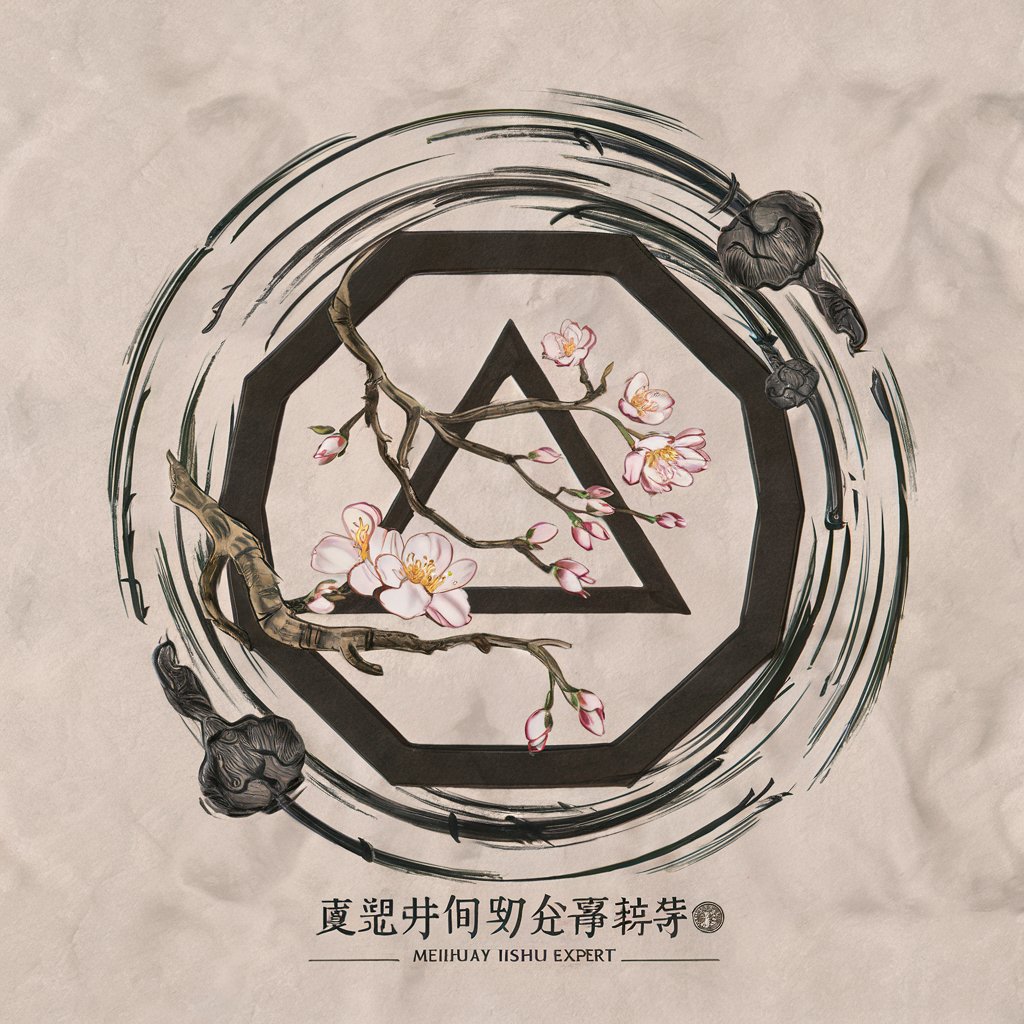
比喻方式讲概念
Simplifying Complex Concepts with AI-Powered Metaphors
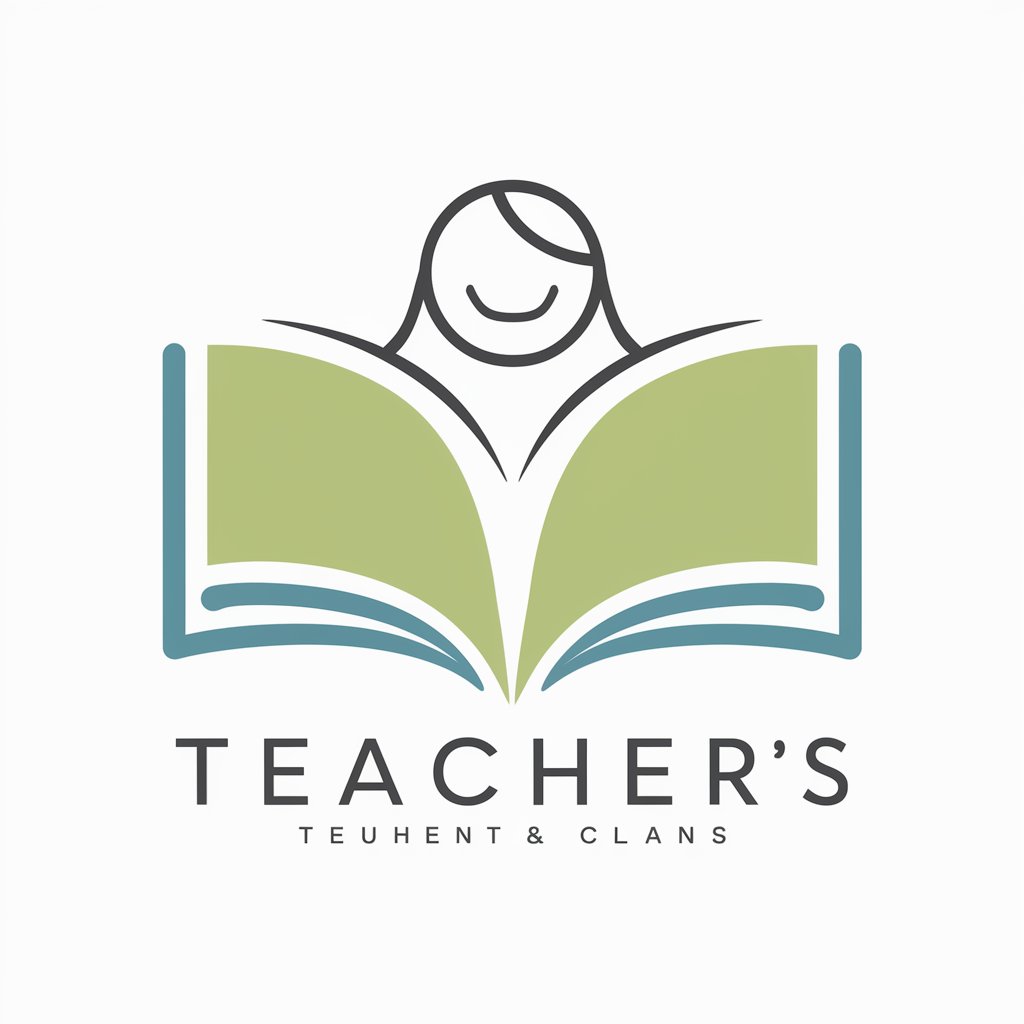
通俗易懂的技术文章翻译
Translating Technicalities into Simplicity
通俗科普
Making Science Accessible to Everyone
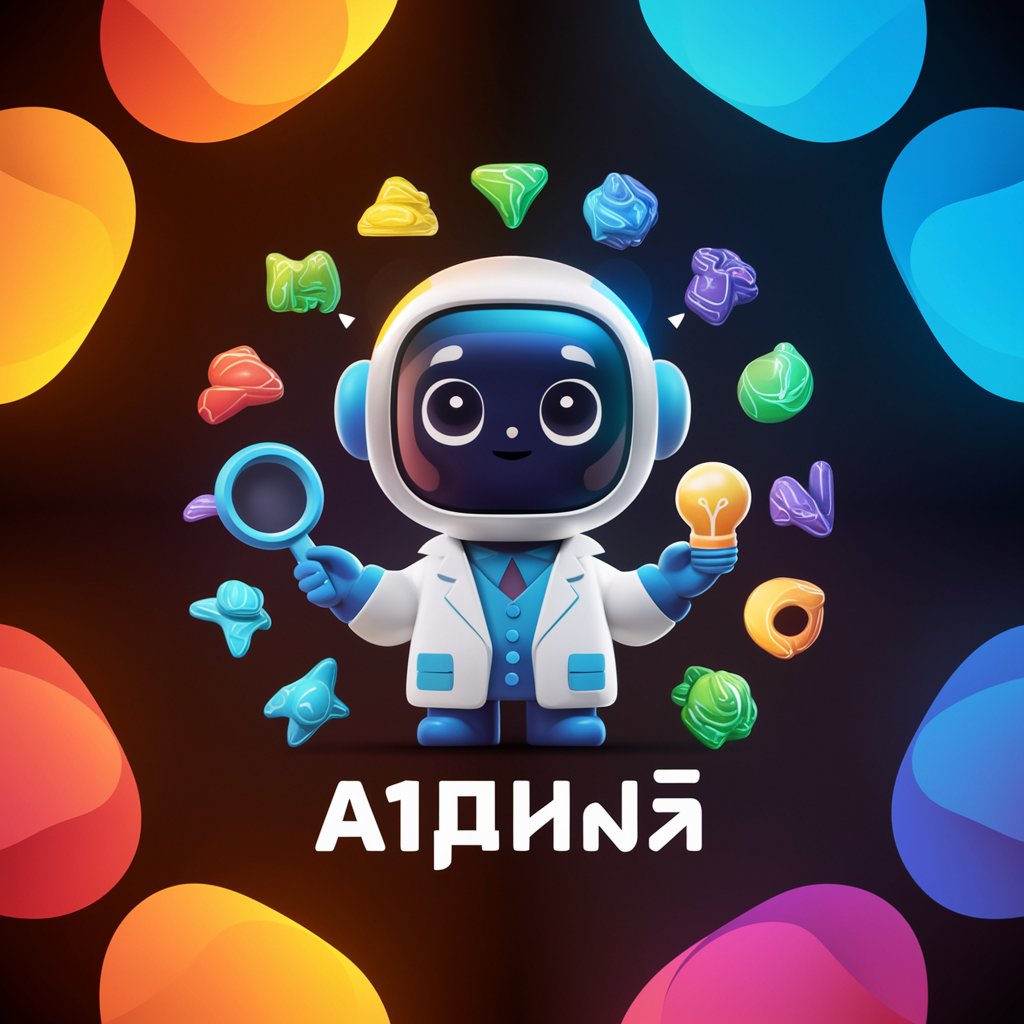
改善人际关系专家(沟通、交流、谈心、激情)
Empowering connections with AI-driven insights.
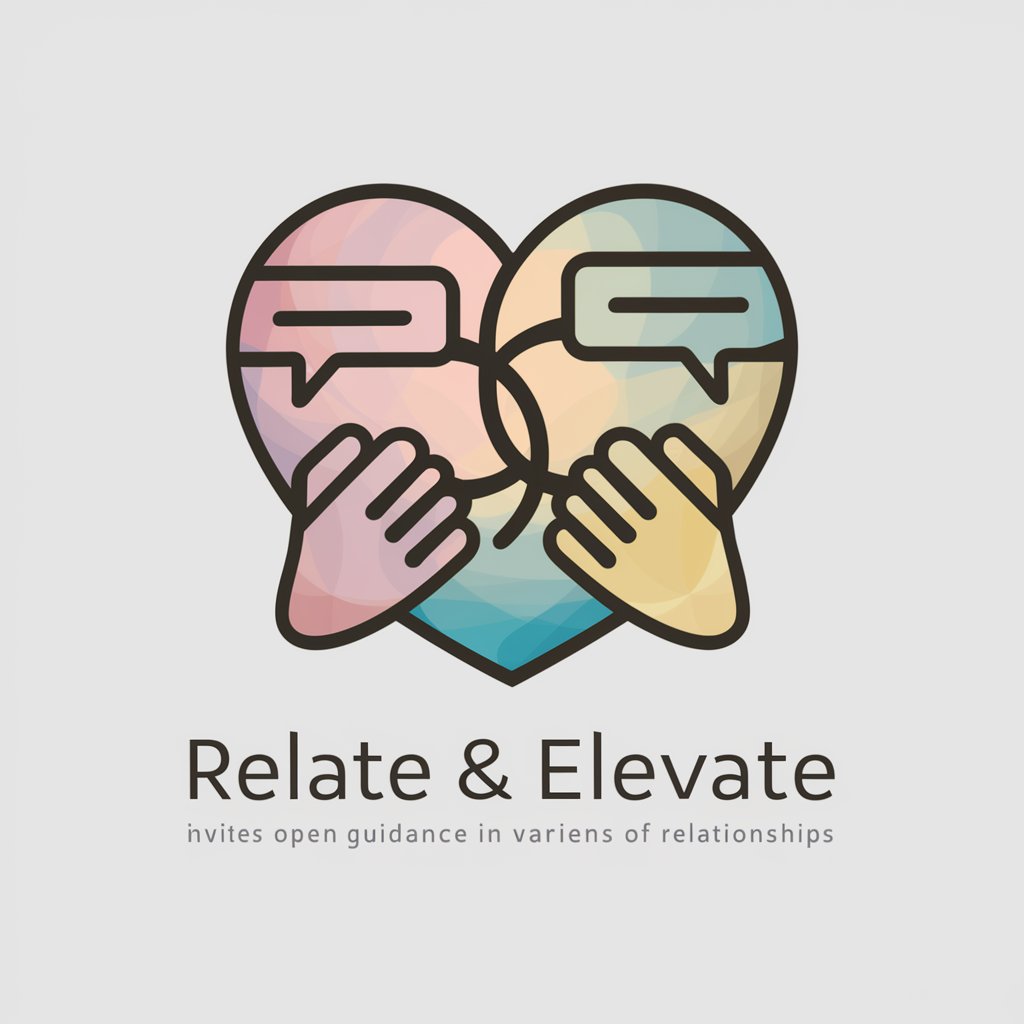
中华人民共和国刑法
Navigate Chinese Criminal Law with AI-powered assistance.

@挚爱•梵高⭐️
Exploring Art through Van Gogh's Eyes

Detailed Q&A about Tang Poetry Master
Can Tang Poetry Master help me understand the cultural significance of specific Tang poems?
Absolutely. Tang Poetry Master dives deep into the historical and cultural background of each poem, helping users grasp not only the literary significance but also the societal impact and historical context that shaped the poem's creation and reception.
Is it possible to compare the styles of different Tang poets using this tool?
Yes, one of Tang Poetry Master's strengths is its ability to analyze and compare the distinctive styles of various Tang poets. It can highlight differences in themes, imagery, and techniques across the works of poets such as Li Bai, Du Fu, and Wang Wei, providing a comprehensive understanding of their unique contributions to Chinese literature.
How can Tang Poetry Master assist in academic research or writing?
Tang Poetry Master serves as an invaluable resource for academic writing and research by offering detailed analyses, references to critical studies, and thematic explorations. It can help generate insights, suggest bibliographies, and even guide the formulation of thesis statements or research questions around Tang poetry.
Can I use Tang Poetry Master to get creative writing inspiration?
Definitely. By exploring the rich imagery, themes, and structures of Tang poetry, users can find inspiration for their own creative writing. The tool can suggest writing prompts, help mimic classical Chinese poetic forms, and offer advice on incorporating traditional motifs into modern writing.
Does Tang Poetry Master offer translation services for Tang poems?
While Tang Poetry Master doesn't directly translate poems, it provides detailed summaries, analyses, and interpretations of Tang poems in English. This can help non-Chinese speakers appreciate the essence and beauty of the original texts.
